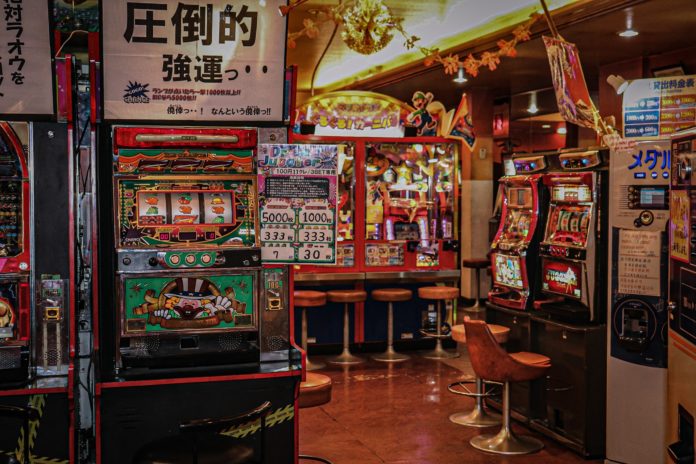What does RTP mean?
A term often seen in gambling is Return to Player, or it’s abbreviated version RTP. In simple terms RTP refers to a mathematical formula dividing the total amount won by the total amount wagered to find out what kind of return you can expect from a game. This involves calculating on the basis of existing wagers and winnings rather than estimated ones and so provides a real indication rather than theoretical one. The only numbers that go into an RTP calculation are directly related to real bets placed by players in the casino or the online casino website, and their specific winnings.
RTP is a fairly consistent indicator of how well a game will perform and knowing what kind of number to look for can help you make more informed choices about what games you play in order to maximize your chance of winning.
The Ideal RTP Rate
Ideal RTP rates depend greatly on the type of game you’re playing. Most games are unlikely to have a 100% RTP, but that doesn’t mean that it’s impossible to win. You do have to consider RTP as a long-term calculation rather than a short one so betting $100 on a game with a 96% RTP will not automatically result in a $96 win or a $96 win every time. Instead, over the course of many games, the game you’re playing will average a pay-out of 96% in relating to the amount you’ve paid in.
For games with little or no strategy involved, such as slot online or roulette, RTPs can be easy to estimate and usually match up easily with the real numbers. However, this also means that they can be tampered with by the casino or online casino where the game is featured. In general, it’s a good idea to steer clear of low-RTP in fully luck-based games as the player has no way of actively influencing their pay-out. Casinos often measure and keep record of their RTP rates and for online betting websites the rates are consistently monitored and published, usually on the same page as the game itself. The closest indication of an “ideal” rate for purely luck-based games is the UK’s industry standard of 96%; otherwise sound judgement and personal calls are often required.
For games heavily influenced by strategy on the other hand, such as Blackjack, overall RTPs tend to be far below 100% or even 90%. This is due to the mistakes that players can often make during games. What it tells us however is that players can actively influence their own returns. Thus if you have a solid understanding and control of the theory and strategy of a game that requires it, it is reported that you can push your own RTP up to as high as 99%.
Other Factors to Consider
Regardless of how high the RTP on a gambling game is, online or in person, there are other factors that also need to be taken into consideration:
- Game Variance: also known as volatility, this refers to how much risk is involved in playing any casino game, or how large the difference is between various returns within a specific game. Even where a game has a good or acceptable RTP a high variance means winning will be impressive but very few and far between and small winnings will be largely non-existent. If you’re new to gambling or aren’t attracted by the concept of high-risk, high reward, then it is always worth considering the volatility of the game alongside the RTP.
- Value of stakes and expected value: the expected value of a game is a more complicated calculation that takes into account both the game variance and the RTP but is largely influenced by the value of your initial bet or stake. The more you wager, the higher the potential pay-out is, although in group games such as poker the size of stakes put forward by other players can also affect the expected value.
Overall, while RTP is a very good initial measure of how a game will perform, the decision as to whether to bet on a game or not comes down to a thorough understanding of the game itself and personal judgement. It never hurts to be able rely on something other than luck, however.











